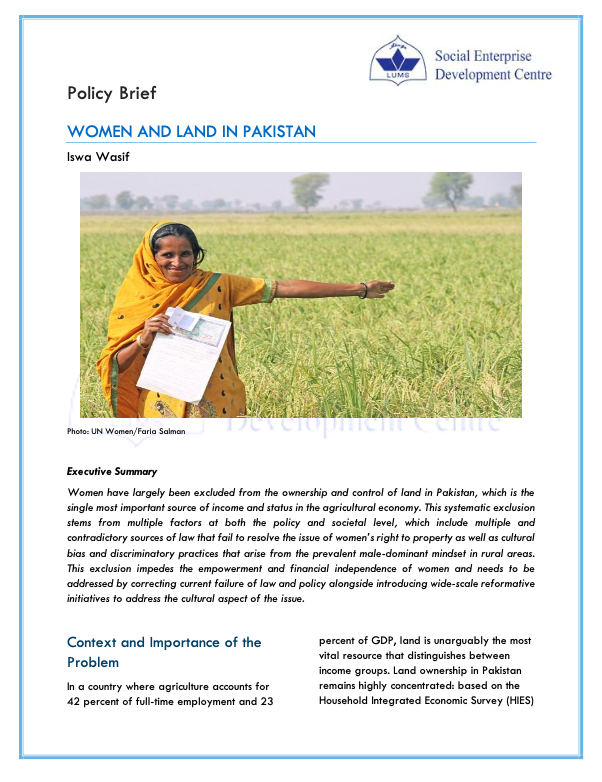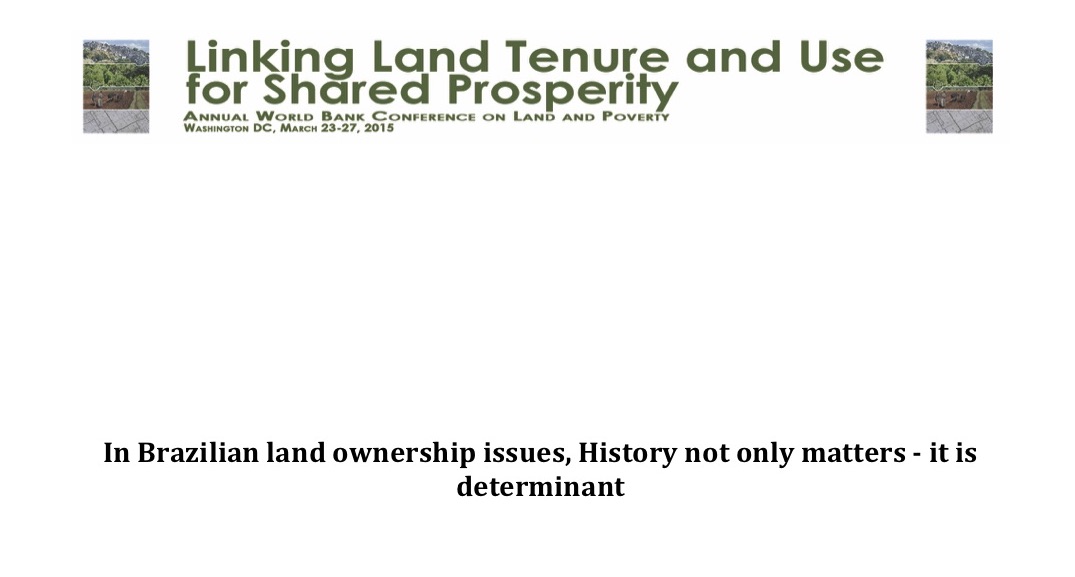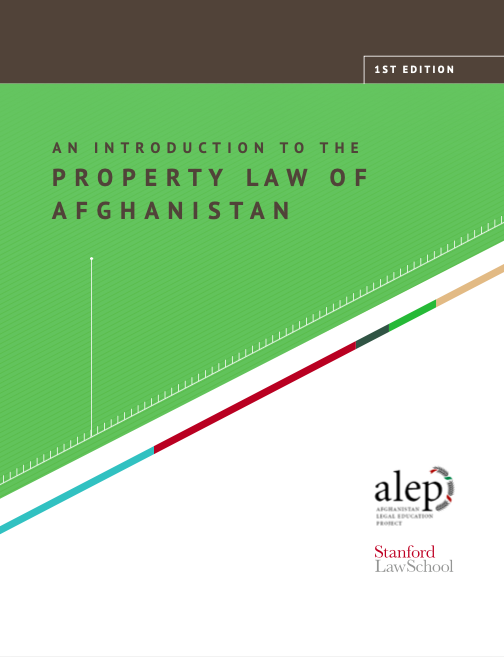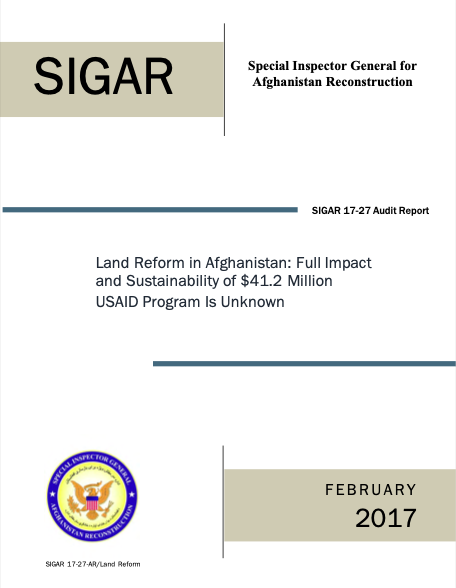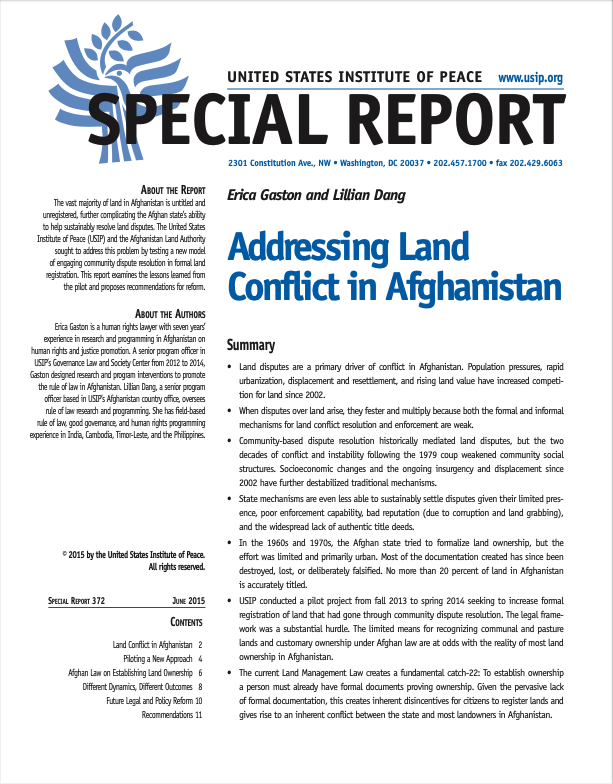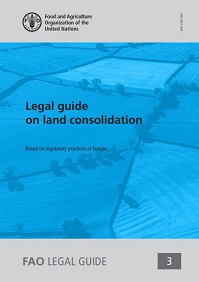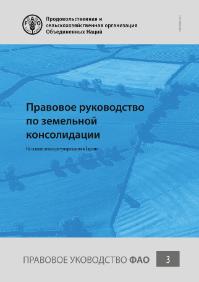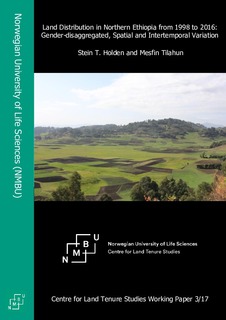Classification of farmland ownership fragmentation as a cause of land degradation: A review on typology, consequences, and remedies
Farmland ownership fragmentation is one of the important drivers of land-use changes. It is a process that in its extreme form can essentially limit land management sustainability. Based on a typology of land degradation and its causes, this process is here classified for the first time as an underlying cause which through tenure insecurity causes land degradation in five types (water erosion, wind erosion, soil compaction, reduction of organic matter, and nutrient depletion).


